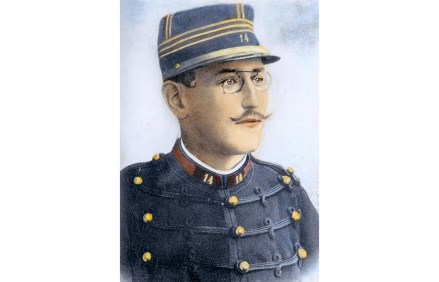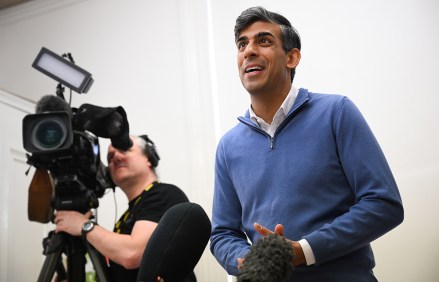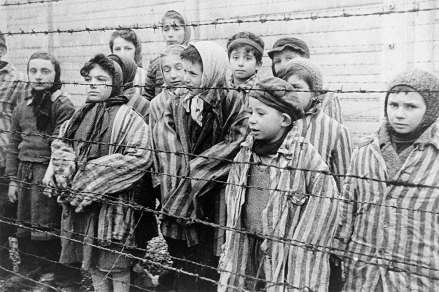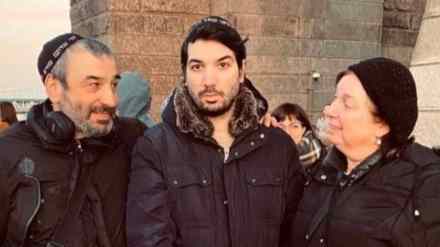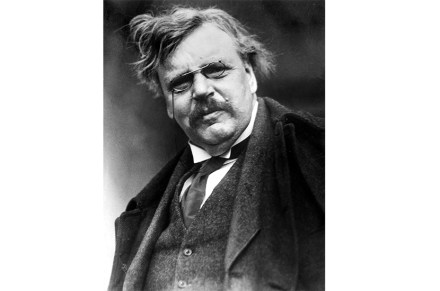The Dreyfus Affair continues to haunt France to this day
A short new book on Captain Alfred Dreyfus, the proudly patriotic French army officer who was falsely accused in 1894 of being a German spy, and whose court cases divided France into two warring camps, could not have been better timed. For the division sounds horribly familiar. Liberal, democratic, secular, cosmopolitan, urban France was pitted against provincial, religious, authoritarian, anti-immigrant, chauvinistic France. Dreyfus, an assimilated Alsatian Jew, was first sentenced by a military court, using faked documents and trumped-up charges, to life imprisonment on Devil’s Island, off the coast of French Guiana. When it became obvious that it wasn’t Dreyfus who had handed military secrets to the Germans but Ferdinand
